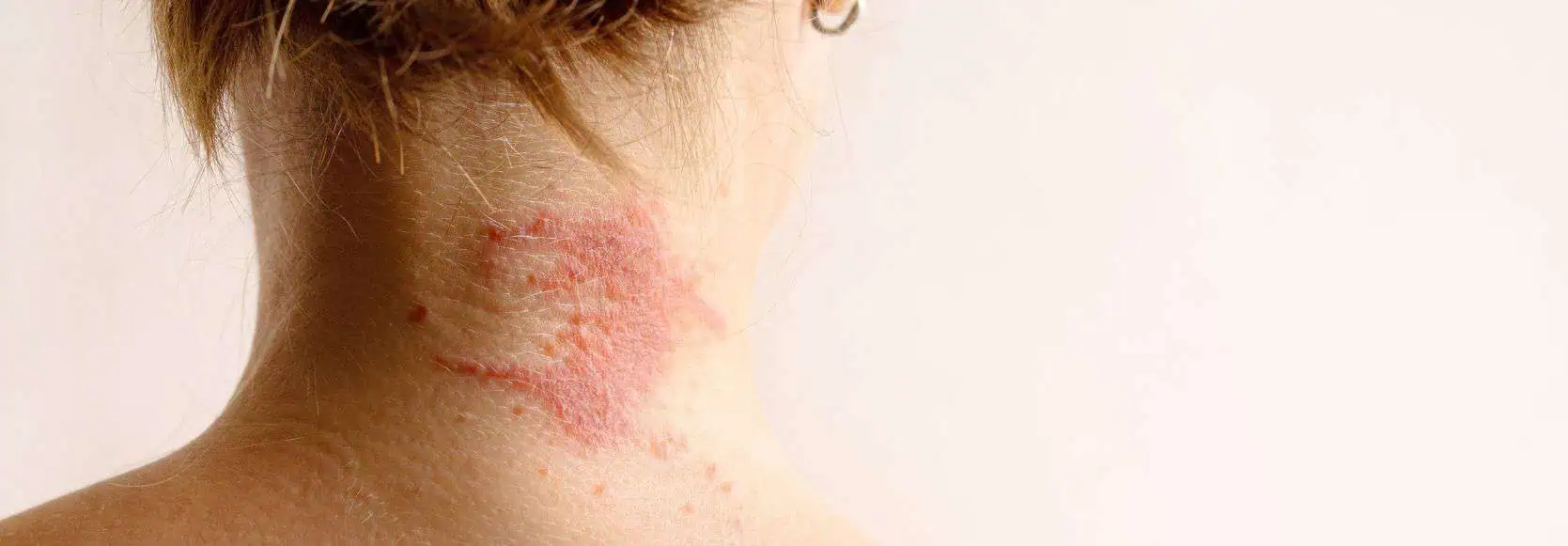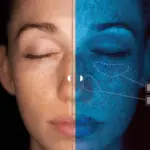Our diet can have a significant impact on all aspects of our health so eating well is an important part of looking after our hair. Nutritional supplements are one of the treatments that your dermatologist in London might recommend if you have a problem with your hair, including some kinds of hair loss. However, taking supplements won’t always help with all kinds of hair loss, especially if you’re already eating a balanced diet.
Nutritional Deficiencies and Hair Loss
Supplements can be most effective for hair loss when it is caused by a nutritional deficiency. Our hair needs a variety of different nutrients to grow, including folic acid, biotin, ferritin (iron), zinc and vitamins A, C and D. Hair is one of the fastest growing parts of our bodies so it needs a regular supply of all these nutrients. If you aren’t getting enough of any of these vitamins and minerals then it can make your hair less healthy. A bad diet can make your hair feel drier and look less shiny.
In some cases, nutritional deficiencies can even cause thinning hair. The most common example is iron deficiency, but lack of other kinds of nutrients can also cause problems. However, most people in countries like the UK are getting plenty of nutrients so it is rare for a deficiency to be the cause of hair loss or thinning. It is more likely to affect the texture and appearance of your hair than to cause bald patches or thinning.
In most cases, hair loss isn’t caused by your diet. It is often linked to changing hormone levels as we get older or to other issues such as skin conditions or autoimmune disorders. In these cases, other kinds of treatments may be recommended by your dermatologist in London to address the underlying cause of your hair loss.
Should You Take Supplements for Hair Loss?
Getting the right nutrients is essential for healthy hair. When you visit a dermatologist in London you may be asked about your diet or the doctor might want to perform a blood test to check for a nutritional deficiency. It is important to find out what is causing your hair loss so that we can provide the right treatment.
If the tests reveal that there is an issue with your diet then your dermatologist in London might recommend making some changes to your eating habits. You might also need to take nutritional supplements to ensure that you’re getting enough of the missing nutrients. If a nutritional deficiency was the cause of your hair loss then this should be enough to solve the problem. You should notice your hair looking thicker and healthier as your body uses the extra nutrients.
In the long term, it is usually best to get the nutrients you need through your diet rather than relying on supplements. However, taking supplements can help you to recover from hair loss caused by nutritional deficiencies. It can also be important if you have a restricted diet or a medical condition that makes it harder to absorb the nutrients you need from your food.
Taking supplements is the best way to address hair loss that is caused by a nutritional deficiency. However, most kinds of hair loss happen for other reasons, so taking a supplement isn’t always going to help. If you’re already getting all of the nutrients you need then adding more of them through your diet or by taking a supplement won’t make any difference to you or your hair. Our body can’t usually store or use up these extra nutrients, so they’ll just pass straight through us.
However, if you do have hair loss for another reason then your dermatologist in London may still recommend some changes to your diet or taking some nutritional supplements if you need them. Although this won’t be able to stop hair loss due to other causes it can ensure that your hair is as strong and healthy as possible. Having healthier hair could reduce the impact of your hair loss and it will ensure that any other hair loss treatments your trying have the best chances of success. We offer a selection of different treatments for hair loss at HSDC in London in order to address the various underlying causes of this common problem.



